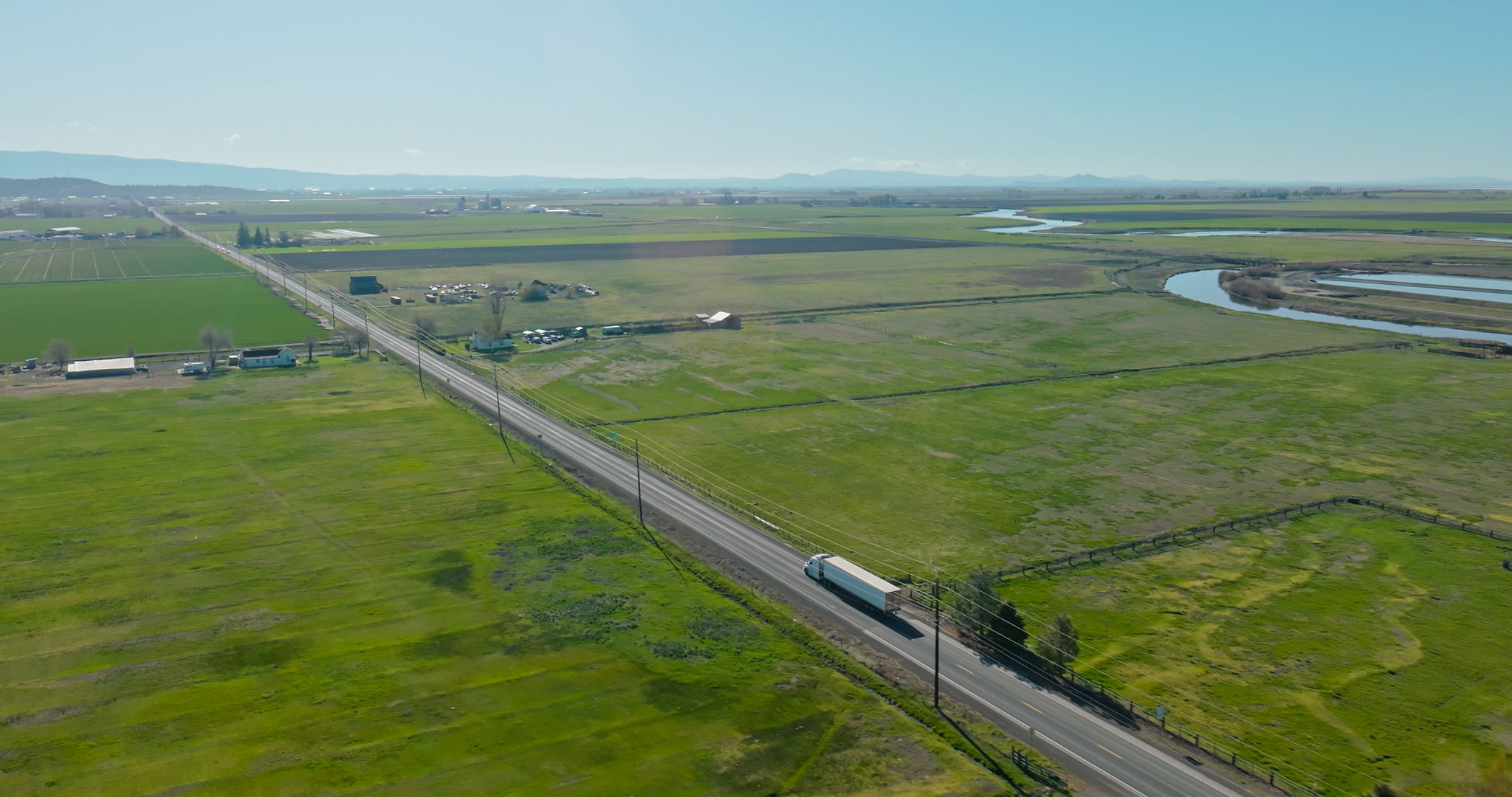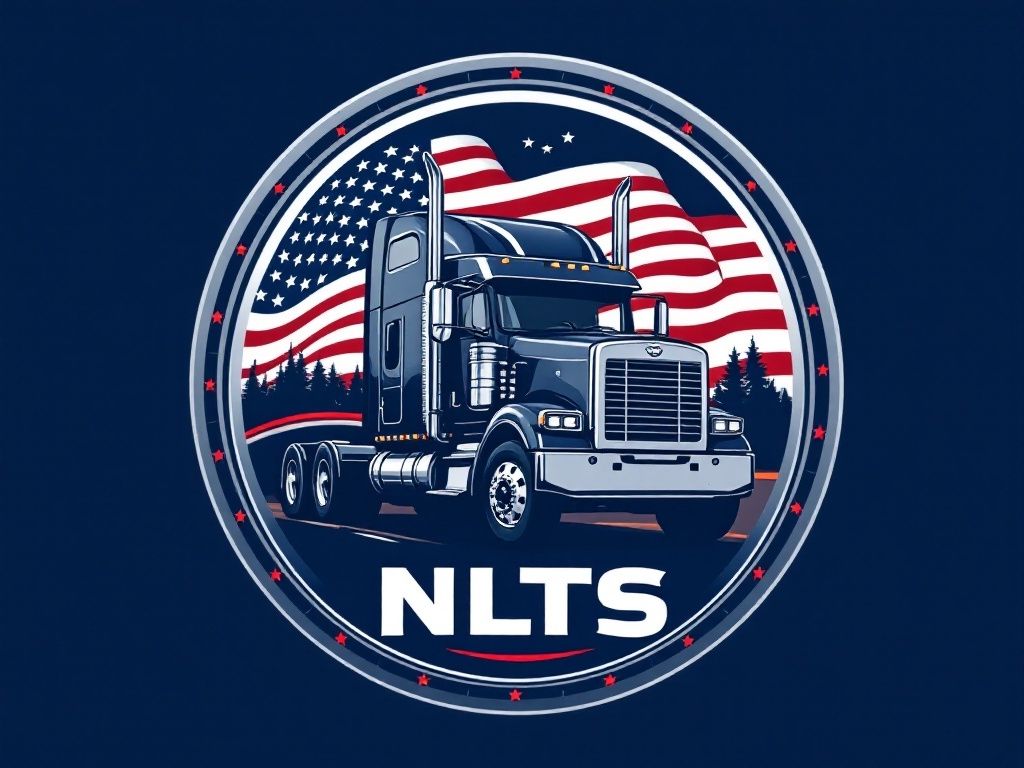Preparing Your Trucking Business for Seasonal Changes: Insurance Considerations
Understanding Seasonal Risks
As the seasons change, so do the risks and challenges faced by trucking businesses. From icy winter roads to wet spring conditions, each season brings unique hazards that can impact operations. Preparing for these changes not only involves adjusting logistics but also ensuring your insurance coverage is up to date. It's crucial to safeguard your assets and employees against seasonal threats.

Winter, for instance, is notorious for causing accidents due to snow and ice. Summer, on the other hand, may bring about increased traffic and construction delays. Understanding these seasonal shifts is the first step in mitigating risks and ensuring your trucking business remains profitable year-round.
Review Your Current Insurance Coverage
Before the onset of any new season, it’s wise to review your current insurance policies to ensure they adequately cover potential seasonal hazards. This includes examining your liability coverage, collision insurance, and cargo insurance. Make adjustments as necessary to avoid any gaps in protection.
Liability Coverage
Liability coverage is crucial for protecting your business against claims resulting from accidents. During the winter months, when road conditions can be treacherous, increased liability coverage might be necessary to cover potential accidents and damages.

Collision and Comprehensive Insurance
Collision insurance is essential for covering damages to your vehicles from accidents. Comprehensive insurance can protect against non-collision incidents such as theft or weather-related damage. Both are important year-round, but reviewing these policies before the winter season can prevent unexpected out-of-pocket expenses.
Consider Seasonal Add-ons
In addition to regular coverage, consider adding seasonal-specific endorsements to your insurance policy. For example, some insurance providers offer endorsements that cover equipment breakdowns during extreme weather conditions. Other options might include increased coverage for specific routes known for seasonal hazards.

Importance of Regular Vehicle Maintenance
A well-maintained fleet is less likely to encounter issues during seasonal transitions. Regular maintenance checks should be scheduled, focusing on components that might be affected by extreme weather such as brakes, tires, and engine performance. Many insurance providers may offer discounts for businesses that actively maintain their vehicles.
Winterizing Your Fleet
As winter approaches, ensure that your vehicles are equipped with winter tires and that antifreeze levels are optimal. Inspect heating systems and defrosters to ensure they’re functioning correctly. These steps not only enhance safety but may also positively impact your insurance rates.

Employee Safety Training
Ensuring that your drivers are well-prepared for seasonal changes is as important as having the right insurance coverage. Conduct safety training sessions focusing on driving in adverse weather conditions. This proactive approach not only enhances safety but can also reduce claims and improve your business's standing with insurers.
By understanding the impact of seasonal changes on your trucking operations and adjusting your insurance coverage accordingly, you can protect your business from unforeseen challenges and maintain smooth operations year-round. Regular reviews and proactive measures will ensure that you're well-prepared for whatever nature throws your way.
